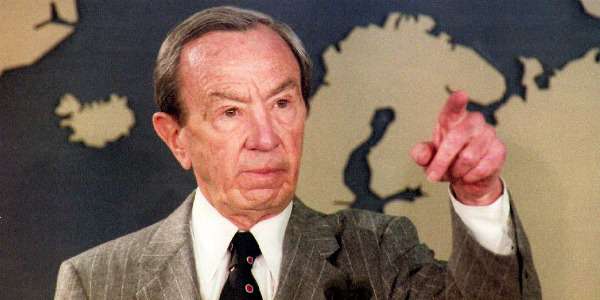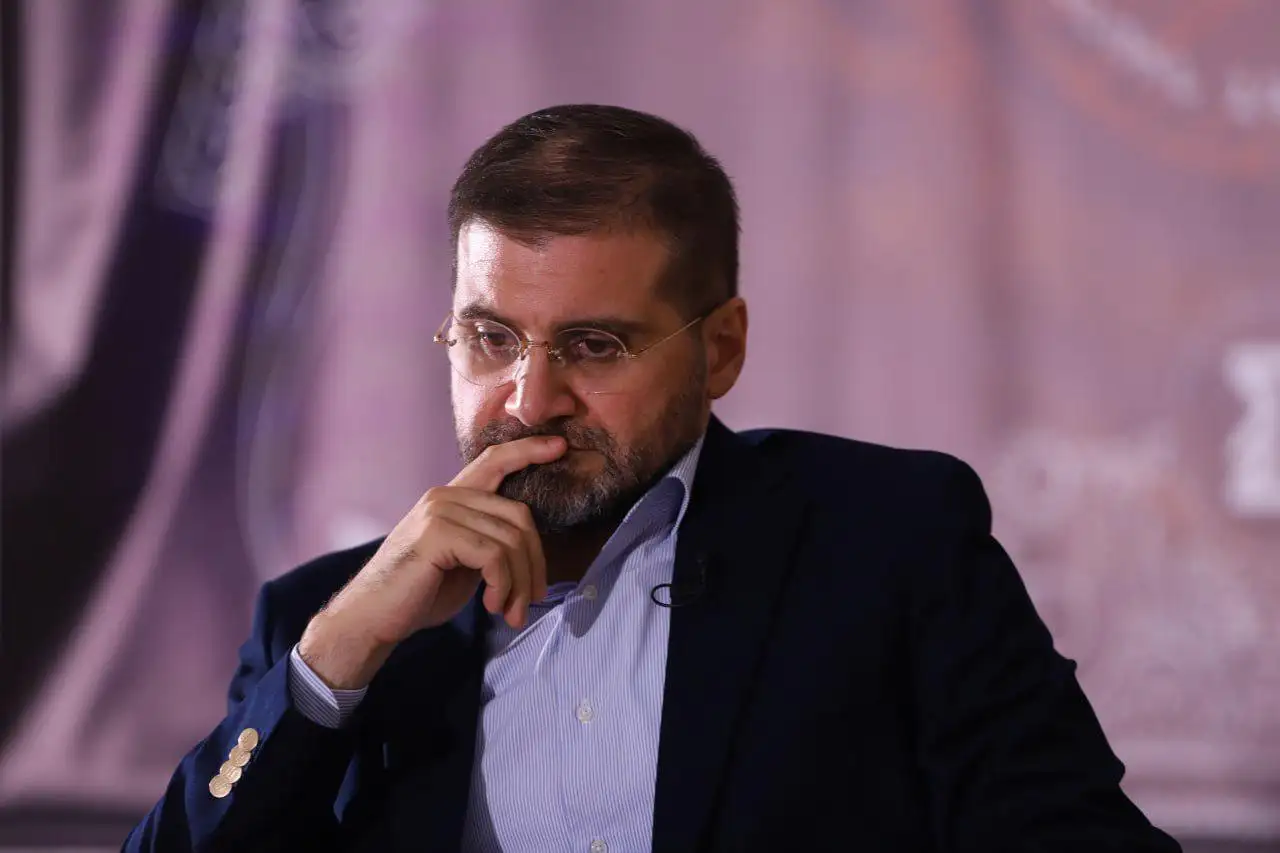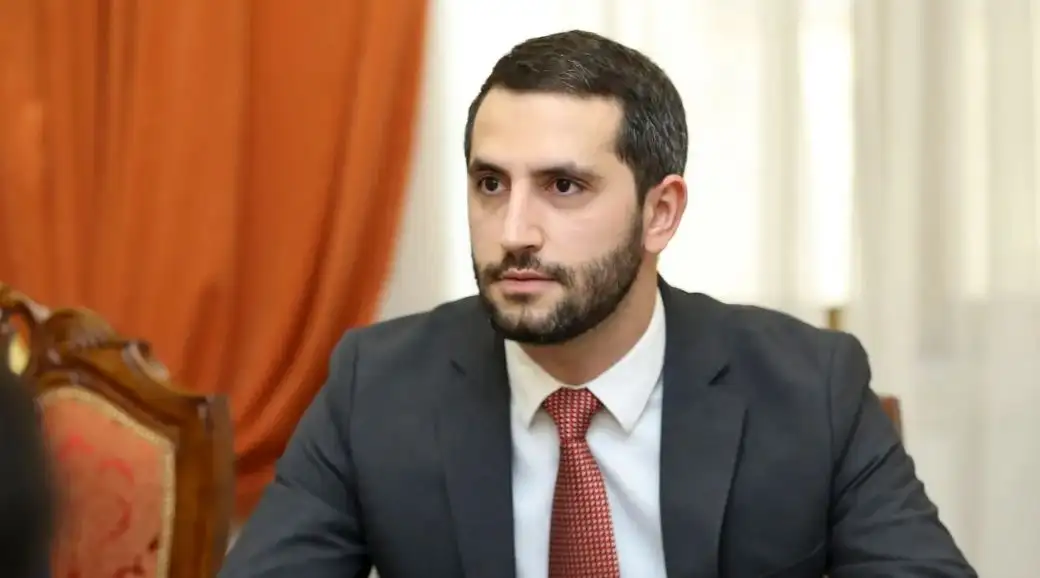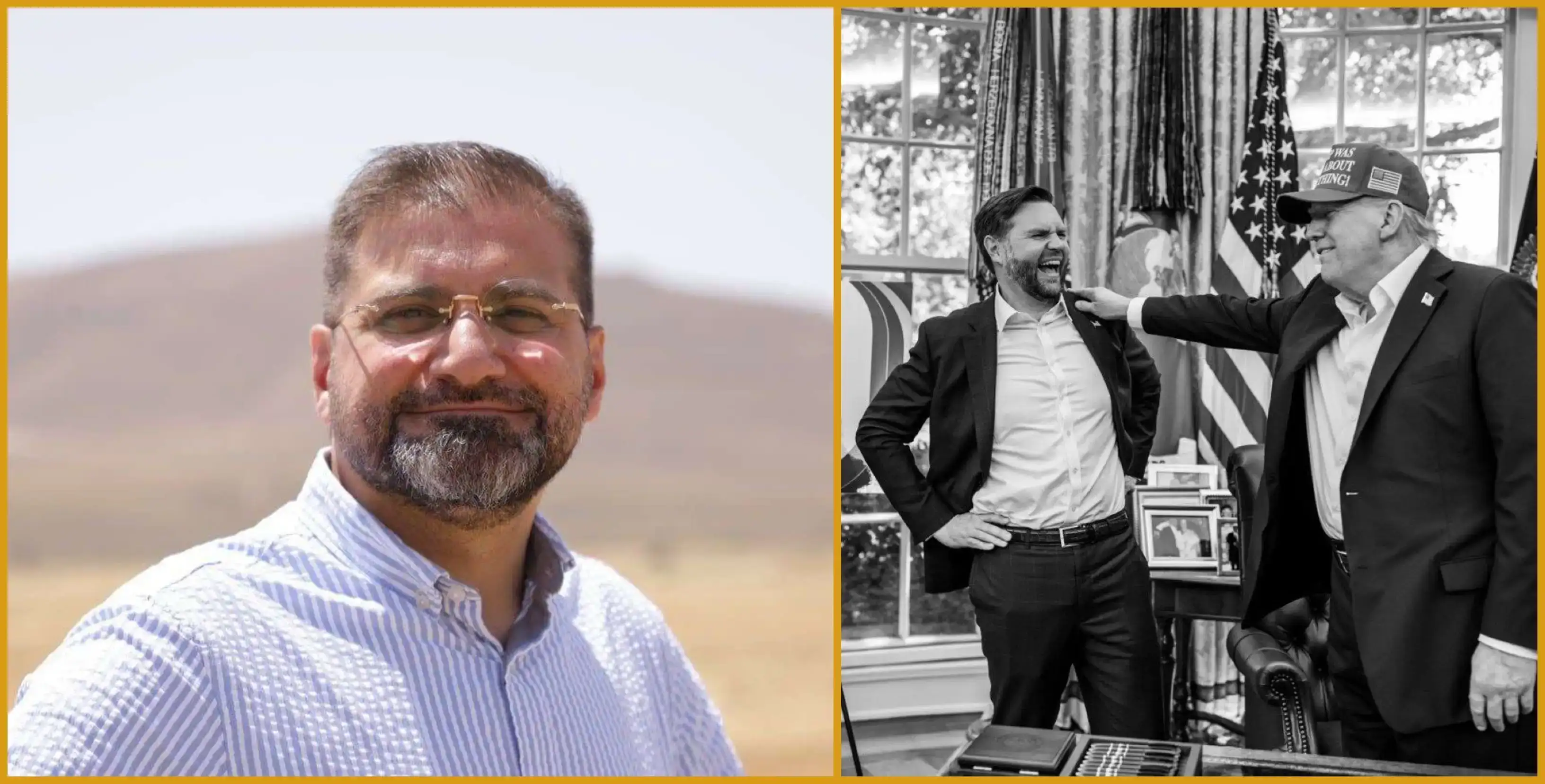Hrach Melkumyan, former head of the Yerevan bureau of Radio Liberty, wrote on his Facebook page:
"I remembered a forgotten story related to the prospect of the US entering the South Caucasus, which Armen Dulyan had written about a long time ago. The retired State Department diplomat had said that in 1993, he had visited Stepanakert and made a tempting offer of US sponsorship to the Karabakh leadership, but they had not agreed.
A former US State Department employee named Michael Brandauer, having accidentally learned that one of the journalists working for the Miami Herald newspaper had parents from Karabakh, gave him an interview and told him that in 1993 he had participated in a consultation with Secretary of State Warren Christopher, where it was decided to send him to the warring Nagorno-Karabakh to present Washington's proposals on the spot.
Taking advantage of Russia's weakness, a war broke out in Chechnya, creating a turbulent situation within Russia. Despite Yeltsin's dissolution of the parliament, the parliamentarians refused to comply. In these chaotic conditions, Washington sought to establish a foothold in the South Caucasus.
Michael Brandauer arrived in Stepanakert, and, as he said, the US made a tempting offer to the leaders of Nagorno-Karabakh. The idea was as follows: Stepanakert would appeal to the US with a request that the US take under its auspices the self-proclaimed, unrecognized Karabakh, which had seceded from Azerbaijan by referendum. According to the former diplomat, he had explained in Stepanakert that Nagorno-Karabakh could become an overseas territory of the US, just like Puerto Rico, Guam, or American Samoa. Karabakh would retain all the institutions of self-government: a governor, a local parliament, a government, and a judiciary, as well as the right to hold a referendum at any time if it wanted to change its status, for example, to join Armenia. Washington had promised to provide $15 billion in aid, which would help it achieve military successes and dictate terms to Baku. And after the war, the American dollar would circulate as the national currency in Karabakh.
The Karabakh people especially liked the last proposal, Michael Brandauer said. Still, according to him, the latest military successes in Karabakh intoxicated them, and the military had illusions of reaching Baku, the Caspian oil fields. Regarding Yerevan's position, he said that the Armenian leadership was categorically against the idea he presented.
After all, at that time, the Yugoslav war was escalating, and the US's attention was focused there.
The retired diplomat even offered the Armenian journalist mulberry vodka, which he had brought from Karabakh.
As far as I remember, this story has not received any response or comment so far. If that top-secret visit and offer did happen, then it is not difficult to imagine the possible scope of the meetings. But no one has confirmed it, perhaps out of shame that they refused such an opportunity. It may be a lie that does not correspond to reality, but there is no denial, even if a denial were required from the newspaper, if such a thing did not happen."


















